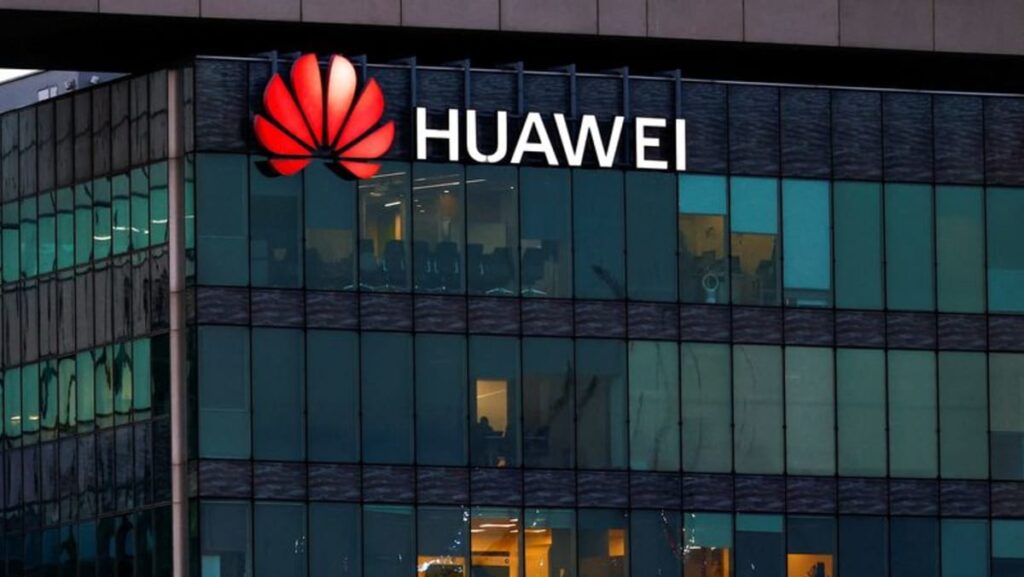At the same time, the US is aiming to overhaul rules on the export of AI chips.
It will reportedly enhance American AI hardware across the world, with safeguards, to ensure that companies building data centres in Southeast Asia or the Middle East do not turn to Chinese alternatives.
Washington has sought in recent years to curb exports of advanced AI chips to China, concerned that they could be used to advance Beijing’s military systems and erode the US’ AI dominance.
CAUGHT IN US-CHINA AI RACE
Malaysia has become a hub for data centre development, particularly in the southern state of Johor.
Over the past 18 months, the state has attracted more than US$25 billion in investments from companies including Nvidia, Microsoft and ByteDance to build data centres, media outlet Malay Mail reported.
But it has had to address concerns over illegal chip flows. Earlier this year, Singapore charged three men in a fraud case involving the alleged sale of Nvidia chips through Malaysia to China.
The Trump administration has vowed to crack down on illegal shipments of advanced Nvidia chips to China via third countries, with officials identifying Malaysia as a concern.
“(The US) is asking us to make sure we monitor every shipment that comes to Malaysia when it involves Nvidia chips,” said Investment, Trade and Industry Minister Tengku Zafrul Aziz, as quoted by Malay Mail in March.
“They want us to make sure that servers end up in the data centres that they are supposed to and not suddenly move to another ship.”
Zafrul acknowledged the challenges of tracking semiconductors through global supply chains, which involve multiple parties including chipmakers, suppliers and distributors.
The AI race between the US and China remains on the boil following Trump’s trip to the Middle East last week.
The White House announced deals to ship hundreds of thousands of AI chips to Saudi Arabia, with a first tranche of 18,000 of its newest “Blackwell” chips going to Humain, an AI startup just launched by Saudi Arabia’s sovereign wealth fund.
Meanwhile, Beijing responded on Wednesday to Washington’s warning against firms using Huawei’s Ascend chips. In a statement, Beijing’s commerce ministry called the US’ actions “typical unilateral bullying and protectionism, which seriously undermine the stability of the global semiconductor industry chain and supply chain”.
https://www.channelnewsasia.com/asia/malaysia-huawei-us-china-tech-rivalry-chips-ai-5144031


